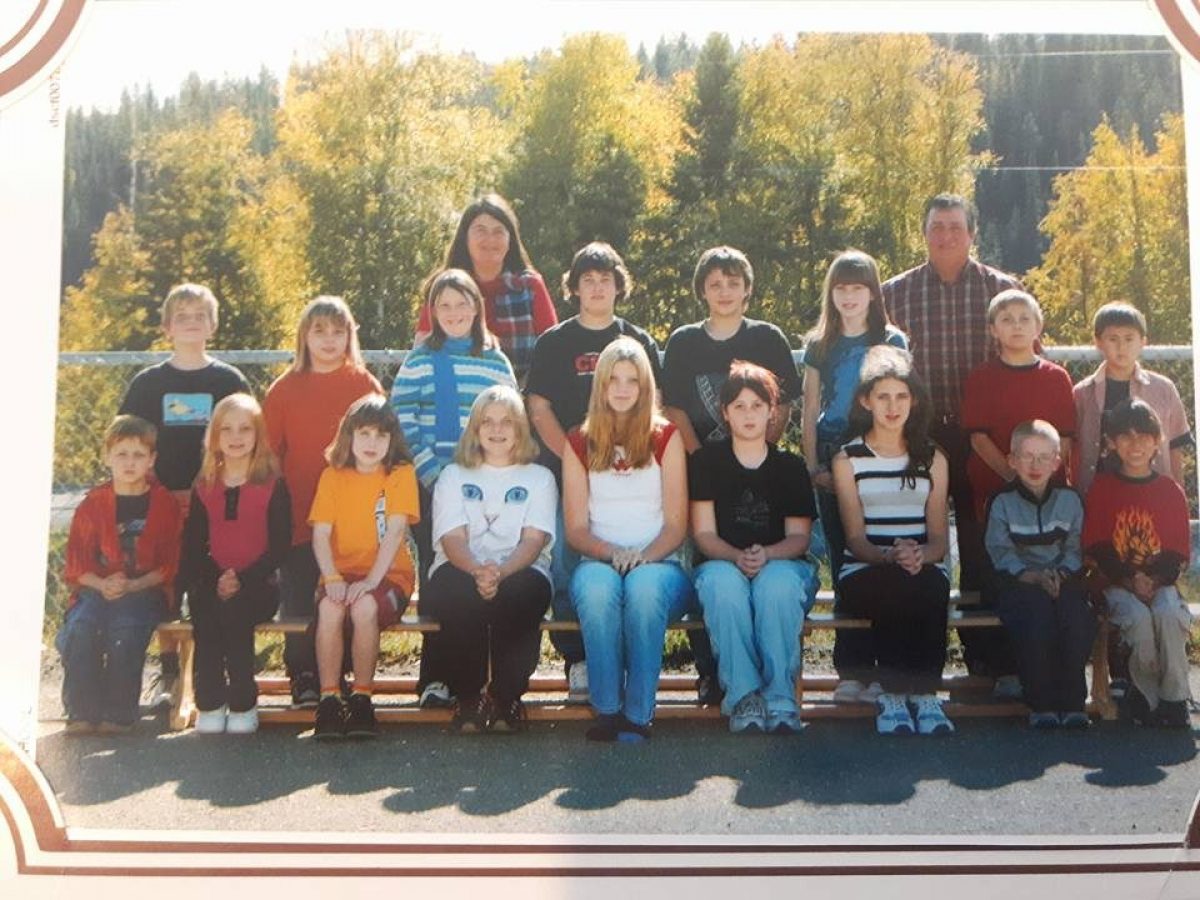Mariah Bouchard
Reading Analysis Week 6
October 15th, 2017
How can we school for equality or decolonize education based on lessons from the past?
Article 15: Schooled for Inequality: The Education of British Columbia Aboriginal Children.
In order to have equality in our future we clearly need to learn from the mistakes of the past. The Aboriginal people of BC did not experience equality. They poor treatment and sufferings of the past that they went through still have effects on the generations now. Kids who have experienced abuse or alcoholism in their family as well as other issues continues in a cycle from generation to generation. To learn from this, we as a society must see the importance of equality. This does not mean treating people special or buying back an entire races respect. The damage is done and what needs to be done now is a blanketed effect of equal treatment. All people must have access to the same education, job opportunities, living opportunities and more. If we no longer label schools for a certain group and just have them strictly open for whoever wants to come we take away that divide that was created in the past.
Article: Implementing Integrated Education Policy for On-Reserve Aboriginal Children in British Columbia, 1951-1981.
In 1951 the Indian Act was changed so that First Nations could attend public schools off reserves. Though it took many years for a difference to actually be seen it was an important change for the Aboriginal people. It was a step towards equality. I think this plays a role in our education system now because we are starting to see schools opening on reserves strictly for First nations children. I think this has positive and negative aspects. One it is important for the First Nations to be educated on their culture and their people however a negative thing I worry about is the slippery slope this can be. Yes, these schools were opened by Aboriginal people and are not something that is forced on anyone so they do differ from the schools of the past. However, if we start opening segregated schools now I see this as a dangerous plan that can lead to the separation of the Canadian people that we have worked so hard to build in the past. This article was not about this issue but the question for this week’s readings made me think. I took years when they changed the act back in 1951 for Aboriginal children to start attending public schools and I don’t want to see all the changes we have made for the better slide backward.
Article: A New Understanding of Things Indian’: George Raley’s Negotiation of the Residential School Experience
I think a key thing to learn from the past is to realize that we don’t know exactly everything. A lot of things from history have to be speculated and there for taken with a grain of salt. When we think of residential schools we think of one of Canadas darkest moments, and don’t get me wrong it was a terrible mistake. However, something that I think often gets over looked is the other experiences of residential schools. There has been account of people who had good experiences there. They learned a lot and did not find it to be as traumatizing and life altering as some others. I think what this means is that when we apply past lessons to developing a better future we must take all aspects of the past. We can’t pick and choose what lessons we think are key.
